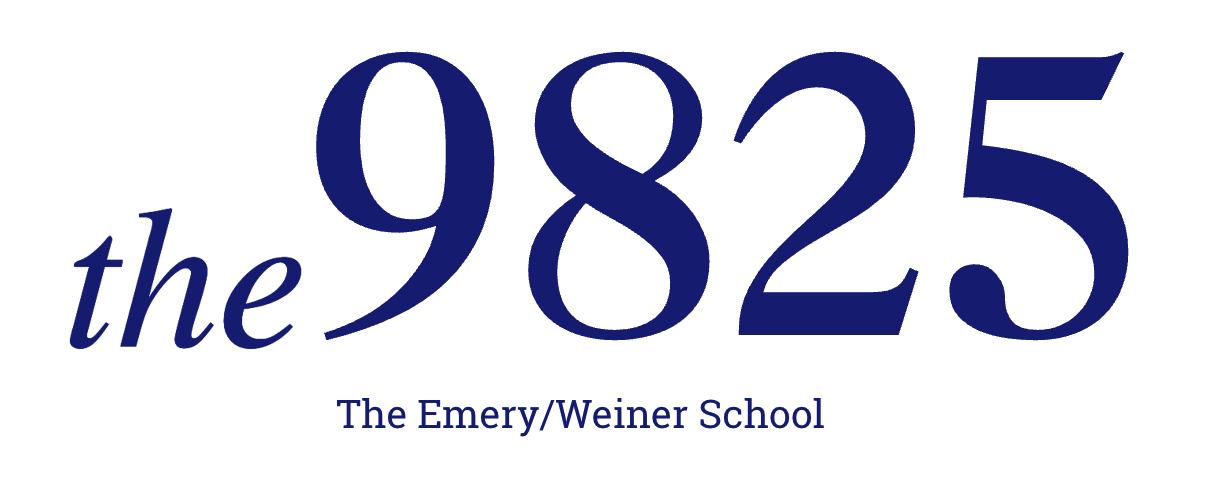In 2022, Annie Ernaux was the 16th person from France to win the Nobel Prize in Literature. In 2021, Abdulrazak Gurnah became the 13th British author to win. In 2020, Louise Glück became the 13th laureate from the United States. In 2012, Mo Yan became only the second person from China to win this award. Yet, France, the United Kingdom, and the United States collectively make up less than half the population of China.
Past Nobel literature laureates have hailed from 44 different countries. Yet, 16 of those countries do not typically get categorized as Western countries.
With the global awareness and accessibility we have today, it should be no surprise that literature is prevalent all over the world. However, within the Nobel Prize, there seems to be a failure to successfully recognize and emphasize writing beyond Western culture.
The Swedish Academy, self-described as “an independent cultural institution that works to strengthen the Swedish language and literature,” has chosen the Nobel Prize literature laureate since 1901. It is primarily made up of Swedish authors, historians, linguists, and others fairly involved in the literary field. Though the Swedish Academy focuses on and strengthens Swedish literature, they are being asked to know, recognize, and rank literature on a global scale. If Swedish language and literature is what one is most familiar with, then there is bound to be a disconnect when looking at literature outside of that bubble.
In 2009, Peter Englund, who worked as a member of the Swedish Academy from 2002 to 2018, echoed this sentiment, saying, “Europeans find it easier to relate to literature written in Europe or in the European tradition, so it is a real problem.”
Evidently, this is a problem not only perceived on the outside, but from the inside too. There is an understanding that there is a subconscious focus on Europe within the choosing of the Nobel laureates and that there is some level of failure to relate or understand beyond it. If one is being tasked with judging global literature, should there not be a global panel?
In opposition, Horace Engdahl, a member of the Swedish Academy from 1997 to 2009, said, “Europe still is the center of the literary world,” utilizing it as an explanation for why such a significant number of laureates are European.
While one could argue the validity of that statement, it heavily serves to discredit an entire section of global literature. And none of this is to claim that winners from Western countries were undeserving, but rather, to say that there are countless authors from plenty of other countries who are just as deserving, which would make the award a more proper reflection of literature on the global level.
In the will of Alfred Nobel, where the idea of the Nobel Prize originated, it is stated that the Nobel Prize in Literature should go to the person who “produced the most outstanding work in an ideal direction,” and that “no consideration be given to nationality, but that the prize be awarded to the worthiest person, whether or not they are Scandinavian.” But as of now, it appears that, whether consciously or not, the process of picking the winner of the Nobel Prize in Literature is done through a Western lens, failing to honor worthy authors around the globe.













